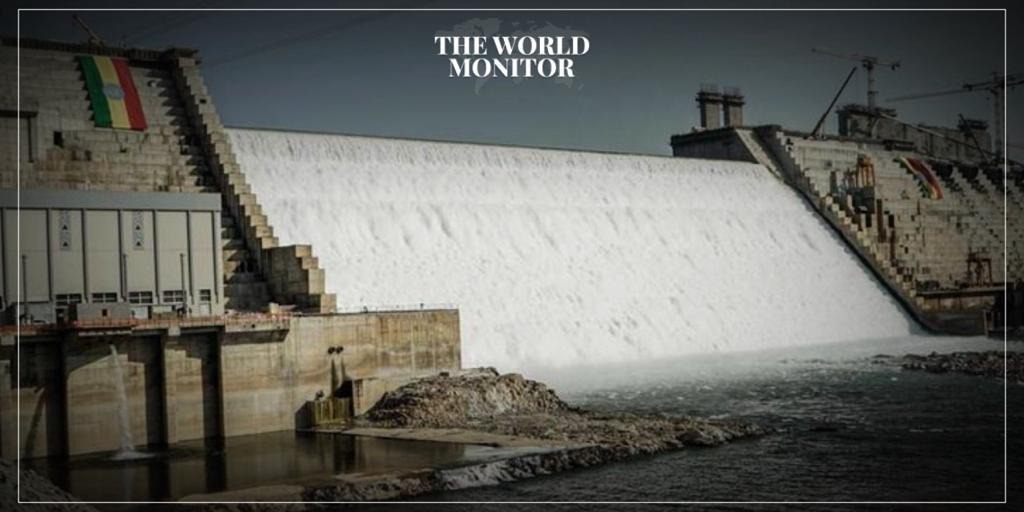Dr. Hany Sweilem, Egypt’s Minister of Water Resources and Irrigation, has emphasized the country’s vigilance over unilateral actions by Ethiopia concerning the Grand Ethiopian Renaissance Dam (GERD).
He warned Addis Ababa against actions that could harm Egypt’s water security, stating that Egyptian institutions will not permit such developments.
In recent press statements, Dr. Sweilem questioned Ethiopia’s commitment to safeguarding the water needs of Egypt and Sudan, especially considering the withholding of 26 billion cubic meters of Nile water in GERD’s fourth filling.
He noted that despite a 12-year negotiation period with Ethiopia on the dam’s filling and operation, no agreement has been reached.
The minister expressed concerns over the lack of final design details for the GERD, stating that without this information, it is impossible to assess the dam’s safety level, which remains a legitimate worry.
He cautioned that the dam’s collapse could obliterate Sudanese dams, affecting 150 million citizens in Egypt and Sudan.
Dr. Sweilem revealed that Egypt had not agreed on terms regarding the dam’s filling, accusing Ethiopia of introducing unrelated issues into negotiations in a bid to dominate the Blue Nile—a move Egypt will not allow.
Negotiations between Egypt, Sudan, and Ethiopia have reached a stalemate, with the latest round of talks in Addis Ababa concluding last week without progress.
Egypt recently announced the end of the fourth and final meeting of the negotiation process, viewing the project as a threat to the water supplies of Egypt and Sudan.
Both nations have repeatedly urged Ethiopia to halt the dam’s filling until an agreement is reached, but Ethiopia continues its filling operations against any conventional solutions for filling and operating rules.
Egypt considers the Ethiopian dam an existential threat, relying on the Nile for 97% of its water needs amidst increasing demand and water deficit.
The country has resorted to treating agricultural wastewater to cover the shortfall in water supplies for new agricultural projects.






